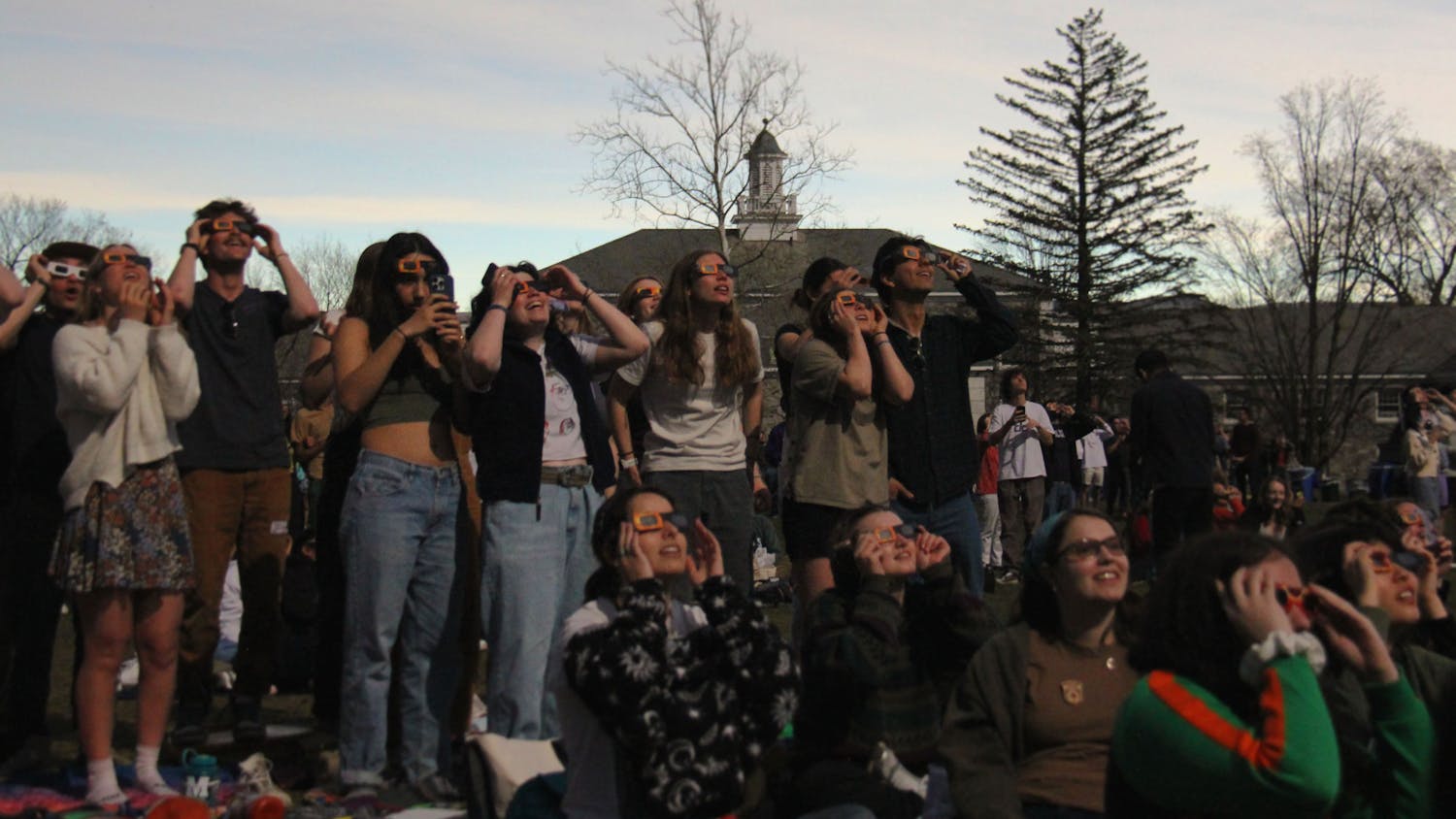After being detained for 15 of the last 21 years by the ruling military junta, Burmese pro-democracy leader, Aung San Suu Kyi, has finally been freed. Such a step for the in the increase in liberty of a politically influential individual has been widely supported by the international community. Skeptics are quick to note however, that Burma is far from free. While Aung San Suu Kyi has been released from her home, she will continue to be monitored by the militant regime, and her political actions will likely be muted.
Ms. Suu Kyi’s first imprisonment came in 1988 following her pro-democracy demonstrations. The Globe and Mail describes that in April of 1988 Suu Kyi left England (where she had been living), to return home to Burma to care for her dying mother. Whilst in the small South Asian country, she “got caught up in a student-led revolt.” Connecting with the spirit of her father, who was also a Burmese pro-democracy political force, Suu Kyi began to tour around her country speaking of the need for political freedom and democracy.
In the months that followed, the militaristic government cracked down on all political dissidents. Soldiers took up posts at Buddhist temples and universities and killed more than 1000 people who were suspected to be supporters of anti-government factions.
In an effort to resist this government pressure, Suu Kyi founded the National League for Democracy (NLD). Immediately her party gained massive public support by proposing a democratic alternative to the martial law imposed by the junta. Such support however, was seen as a direct threat to the stability of the government. In recognition of this assumtption, in July of 1989 Suu Kyi was placed under house arrest for “endangering the state.”
Though she was unable to vote in the elections following her incarceration, Suu Kyi’s NLD party won a landslide victory in the general election in 1990. The pro-democratic will of the nation however, was entirely ignored by the military junta. They refused to recognize the results of the election, and continued to maintain control over the government.
In recognition of her defiant actions fighting for freedom, democracy, and liberty Suu Kyi was awarded the Nobel Peace Prize in 1991. In their decision, the committee stated that “(her) struggle is one of the most extraordinary examples of civil courage in Asia in recent decades. She has become an important symbol in the struggle against oppression,” (The Globe and Mail).
In the decade and a half that followed, the Junta permitted the release of Suu Kyi three times. Each episode, however, was marked by a similar progression of events resulting in a swift re-incarceration of the leader.
One of the most tragic examples of the oppression that the leader endured occurred in 1999. With the recognition that he was dying from prostate cancer, Ms. Suu Kyi’s husband, British academic Michael Aris, attemped to enter Burma to be with his wife. Tragically, he was denied entry, and Ms. Suu Kyi felt that she could not travel to England, fearing that she would be denied the right to re-enter Burma forever. In late 1999 Mr. Aris died in England, never having been able to see his wife before he died.
In the first decade of the 21st century the junta continued to extend the terms of house arrest that the leader faced. Though never formally charged or tried, the state did so under the pretense that Suu Kyi was a political anarchist and danger to the state.
In the past few months however, following the country’s first set of elections in two decades, the detention period for Ms. Suu Kyi officially expired. Attempting to gain a greater degree of international and domestic legitimacy, the government did not extend her incarceration.
Since her release, Suu Kyi has vowed to continue to fight for democracy. The Associated Press reported that the leader has considered recognizing the legitimacy of the current government, in favor of trying to work with them to improve state affairs. She stressed that the key was for “affable talks” between government parties, “real genuine talks, not just ‘have some more tea’ or this or that.”
While the international community has been quick to praise the incumbent government for its liberty-oriented policy approach in recent weeks, many remain skeptical. Questions as to whether or not Suu Kyi will remain free, and whether her party will be allowed to run in the next elections remain uncertain. Though recent events have inspired hope, international attention and pressure on the Burmese Junta must not be allowed to dissipate. Suu Kyi’s freedom is a symbolic and practical step towards extended liberties in the South Asian nation. Regardless of regime type that exists in the region the people of Burma must be allowed to be free, and live their lives without fear of military encroachment on their liberties.
Beyond the Bubble
Comments



